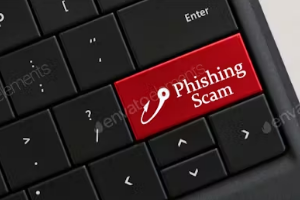Reports have surfaced of a new breed of cyber scam involving Microsoft. Scammers are targeting unsuspecting individuals with fake messages claiming that their systems are infected with viruses or malware, and that immediate action is required to avoid data loss or other consequences.
These fraudulent messages often appear as pop-ups on websites or as unsolicited emails, complete with official-looking logos and urgent warnings. The scammers may even go as far as impersonating Microsoft support staff, creating a sense of legitimacy and urgency to trick victims into following their instructions.
It is important to remember that Microsoft does not engage in unsolicited tech support calls or messages. If you encounter any such communication claiming to be from Microsoft, here are a few red flags to watch out for:
- Unsolicited Contact: Be wary of any message or call that you did not initiate. Microsoft does not proactively reach out to individual users about virus infections.
- Demands for Payment: Legitimate tech support services from Microsoft do not require immediate payment for services or software to resolve alleged issues.
- Pressure Tactics: Scammers often use high-pressure tactics to incite fear and urgency, urging victims to act quickly without giving them time to think.
If you suspect that you have encountered such a scam, do not engage with the fraudsters. Remember to protect yourself by keeping your antivirus software updated and by being cautious about sharing personal information online. Do not call them or click on any links. Clear your browsing history and reboot your computer.
Stay vigilant and informed to safeguard yourself against these malicious schemes. By staying informed and adopting best practices for online security, you can protect yourself and others from falling victim to these scams.
